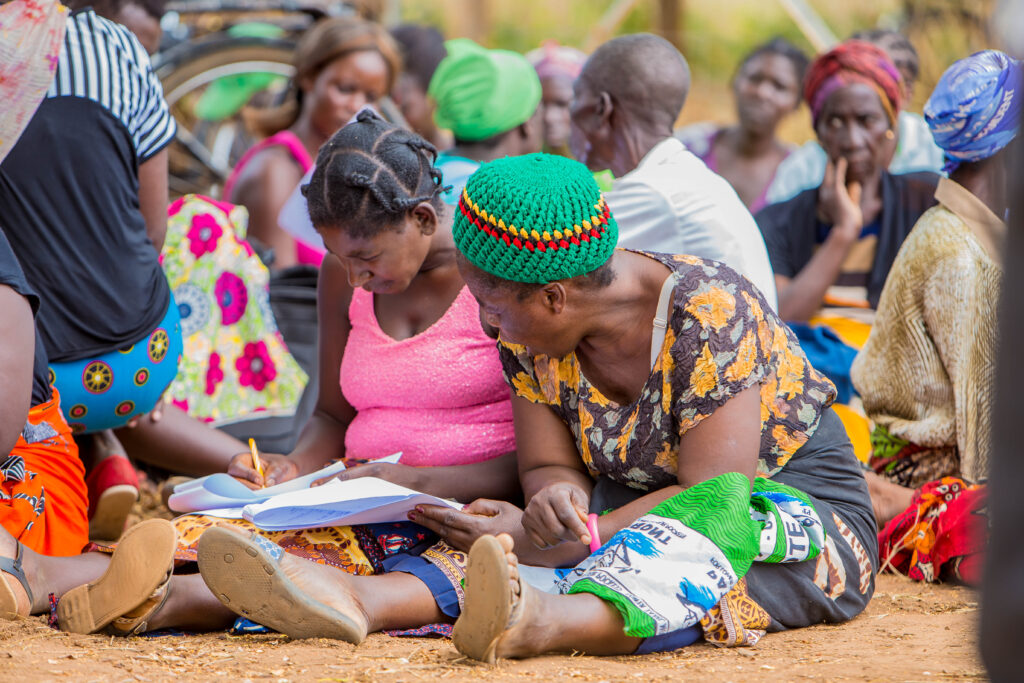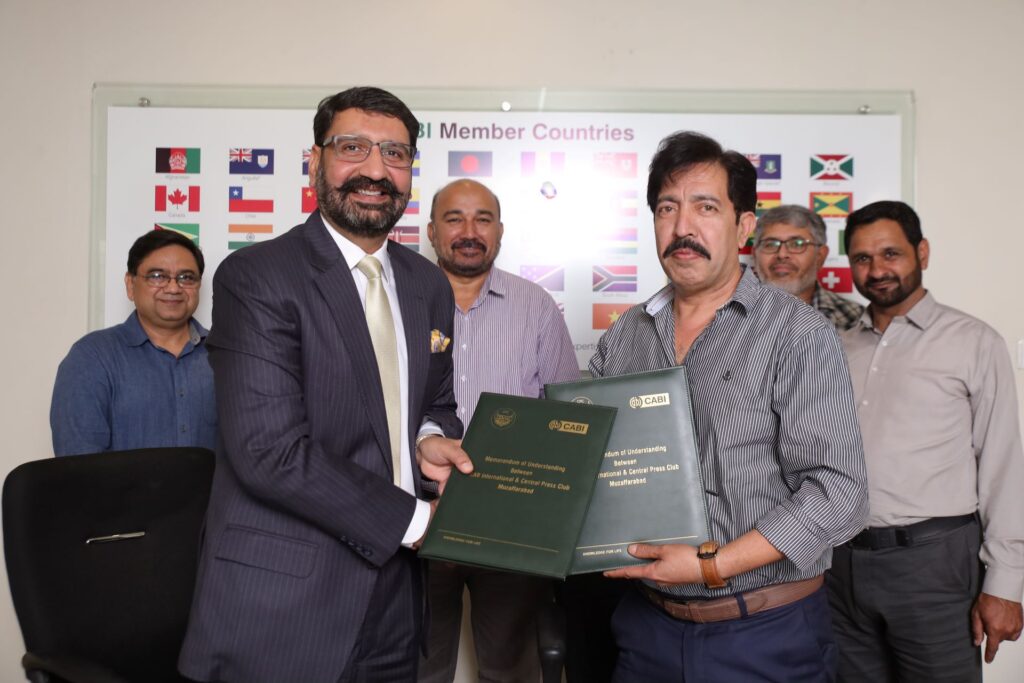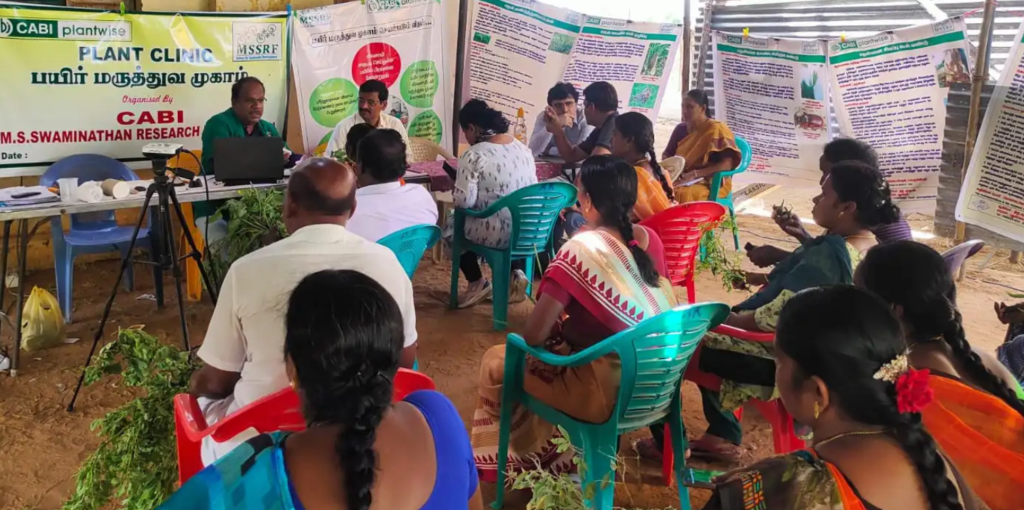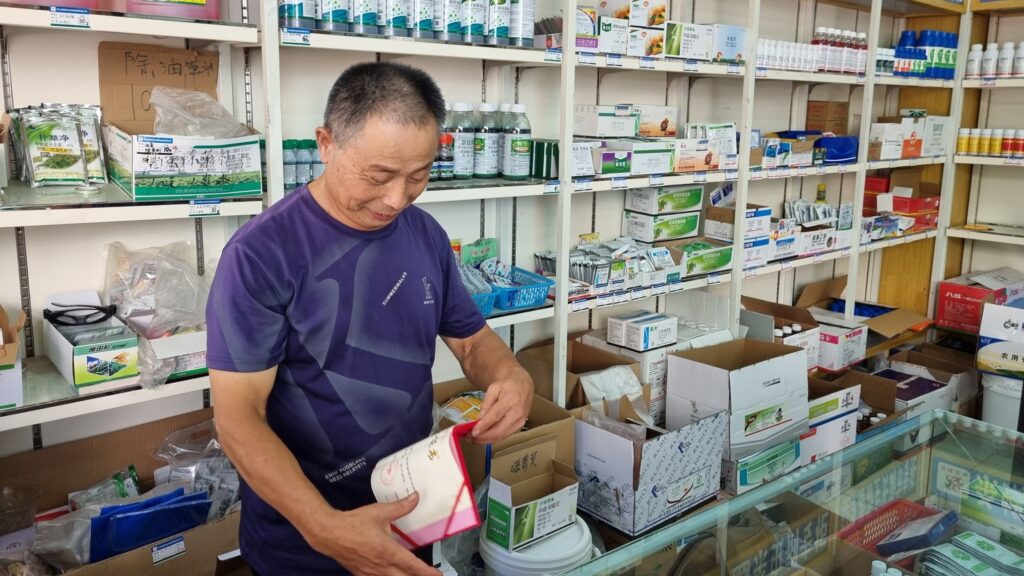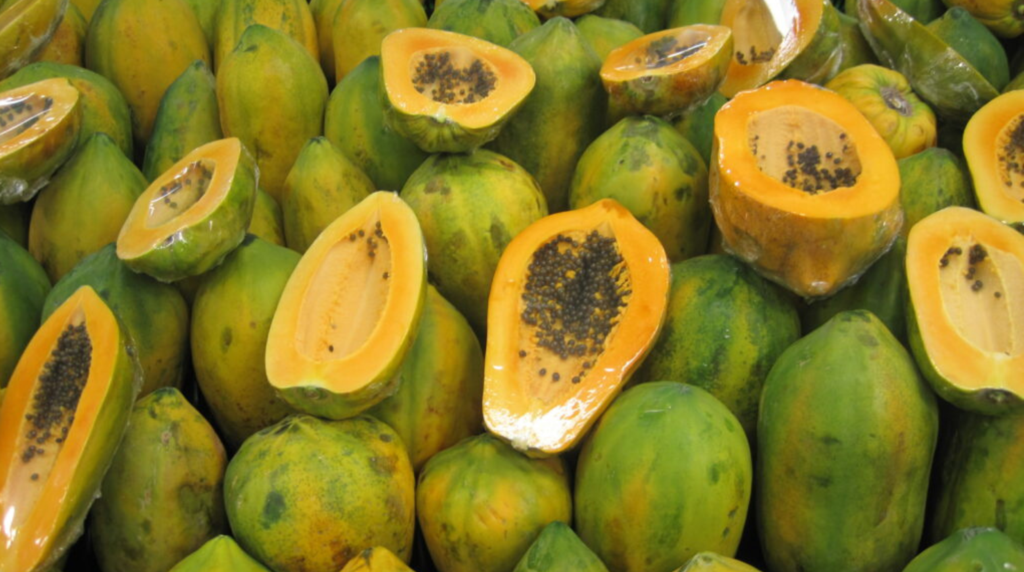How plant clinics are strengthening crop health services in Bangladesh
When the first-ever plant clinic in Bangladesh opened in Dhaka in 2013, it initially faced a lack of interest due to its novelty and limited awareness among farmers. However, it went on to expand, providing advice to over 17,000 farmers and led to the current 383 plant clinics that are active in Bangladesh today. Government…
5 reasons to increase gender-equal education in agriculture
In agriculture, a domain where women play a pivotal yet often underrepresented role, promoting gender-equal education is not just a matter of equity but also a catalyst for community advancement. International Women’s Day, recently celebrated, serves as a poignant reminder of the strides made and the challenges that remain in achieving gender equality across various…
Safer pesticide use: Voluntary standard for agro-dealers launched in China
On December 26, 2024, Sichuan Province launched a significant initiative: the “Establishment Specification for IPM Promotion Pesticide Stores.” Written in collaboration with local partners and PlantwisePlus, including CABI’s Dr Min Wan, this new voluntary standard aims to reform agro-shop operations in China. Starting January 1, 2025, it promotes safer pesticide use aligned with Integrated Pest…
Most read blogs of 2024
As 2024 comes to a close, we’ve tallied the numbers to reveal the most read blogs on the PlantwisePlus Blog this year—plus a few firm favourites! Our most read blogs cover crop pest guides, digital tools, and biocontrols for invasive species, highlighting the impactful work we do with smallholder farmers, policymakers, and communities. Did any…
CABI calls for gender equality for rural women in Pakistan
Every year, Rural Women’s Day is celebrated on 15 October. It recognizes the valuable contributions that women living in rural communities make to agriculture, food security and rural development. In Pakistan, this is important. According to Relief Web, Pakistan’s total female population is over 101 million. However, around 64 million women – more than half…
Gender equality and youth inclusion: ten focus areas for impact
UN Women recently published The Gender Snapshot 2024. While the report highlighted some positive developments, no indicator under SDG Goal 5, Gender Equality, has been achieved. Women comprise around 43% of the agricultural workforce in low- and middle-income countries. However, their responsibilities and capacity are too often diluted by gender inequalities. Breaking down the barriers to women…



